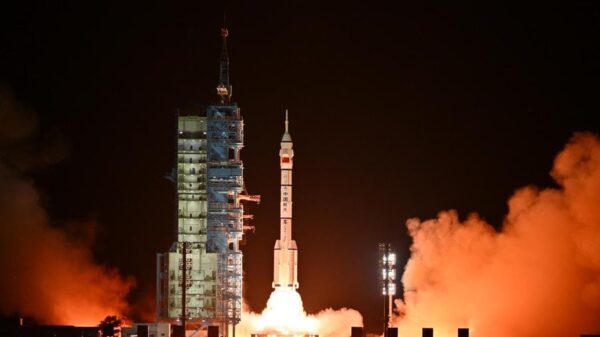Mali, Burkina Faso, and Niger, three West African nations now led by military juntas, are set to introduce a new biometric passport as part of their formal withdrawal from the Economic Community of West African States (ECOWAS).
This move signals the latest step in their growing alliancethe Alliance of Sahel States, and is expected to take place “in the coming days.”
The military leaders of these nations came to power through a series of coups between 2020 and 2023, and in January, they collectively announced their intent to leave Ecowas.
Their decision followed sanctions imposed by other West African countries in an attempt to pressure the juntas into restoring civilian rule.
However, the alliance has firmly resisted these calls, instead choosing to strengthen ties among themselves.
“In the coming days, a new biometric passport of the alliance will be put into circulation with the aim of harmonising travel documents in our common area,” said Col Assimi Goïta, the leader of Mali’s junta and acting president of the Sahel alliance, in a televised speech on on Sunday evening.
The announcement was made on the eve of the alliance’s first anniversary and comes alongside plans to launch a joint service aimed at promoting unified information dissemination across the three states.
Earlier, Burkina Faso had announced its intention to introduce a new biometric passport without the Ecowas logo.
However, it remains unclear how this will impact citizens’ travel to other Ecowas member countries, where visa-free movement was previously guaranteed through the use of a 15-nation regional passport
In July, the junta leaders declared their decision to sever ties with Ecowas “irrevocable,” citing their desire to establish a community of sovereign states based on African values, free from foreign influence.
This latest development further solidifies their shift away from the West African bloc, raising concerns about the potential implications for regional unity and security.
The formalisation of this breakaway alliance poses significant challenges for ECOWAS.
The regional bloc, which has been working to bring the Sahel nations back into its fold, warned that the alliance could contribute to regional disintegration and exacerbate insecurity in an already volatile area.
Mali, Burkina Faso, and Niger formed the Alliance of Sahel States to strengthen military cooperation as they battle jihadist insurgencies that have plagued the region for decades. In July, the alliance expanded its collaboration to include broader political and social initiatives by forming a confederation.
Despite their efforts to justify the military takeovers as necessary for addressing terrorism, the juntas have struggled to quell the violence.
Tens of thousands have been killed and millions displaced as jihadist groups continue to wreak havoc across the Sahel.
























